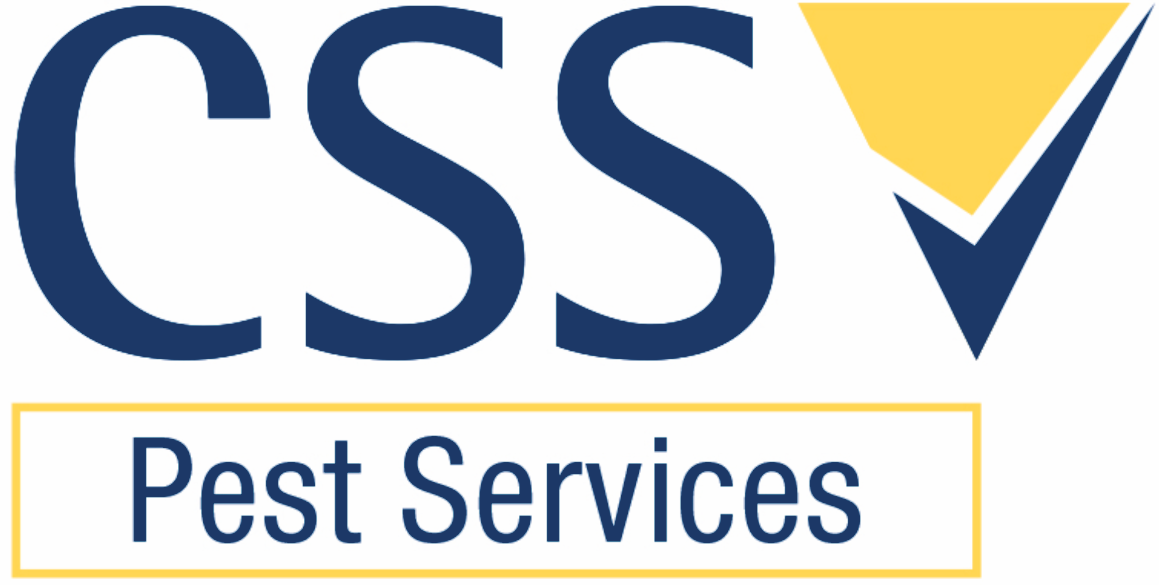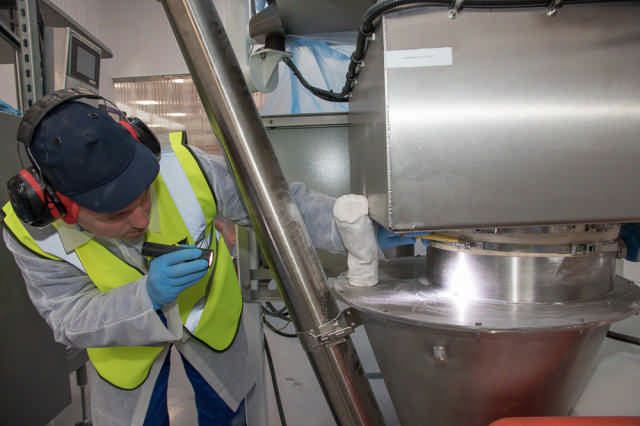Pest management is an essential facet of food safety in the UK, as pests can present a substantial threat to the quality and safety of food products. Pests can taint food with harmful bacteria and pathogens, and their presence can also lead to reputational damage and financial losses for businesses. Therefore, the UK has established stringent food standards to ensure that food products are produced, stored, and distributed in a manner that minimizes the risk of pest infestations.
Food Standards Agency (FSA)
The Food Standards Agency (FSA) is a UK government agency responsible for ensuring that food products are safe and meet legal requirements. The FSA establishes food standards and regulations that all food businesses must adhere to, including regulations on pest management. The FSA collaborates closely with local authorities to inspect food businesses and ensure their compliance with proper pest management practices.
Food Hygiene Regulations
The Food Hygiene Regulations are a set of regulations that are applicable to all food businesses in the UK. These regulations mandate that food businesses take all necessary precautions to prevent pests from gaining access to food premises and contaminating food products. They also require food businesses to implement effective pest control measures, such as regular pest inspections and the use of appropriate pest control methods.
Pest Control Methods
The utilisation of pesticides is a prevalent pest control method employed by food businesses, but the use of pesticides must be carefully regulated to prevent food product contamination or harm to human health. The FSA has established guidelines regarding pesticide usage in food businesses, which necessitate businesses to:
• Employ only approved pesticides that are safe for use in food premises.
• Apply pesticides in a manner that minimizes the risk of food product contamination.
• Maintain accurate records of all pesticide usage and ensure that pesticide residues do not exceed legal limits.
The FSA also advocates the use of non-chemical pest control methods whenever possible, including:
• Physical control methods such as fly screens, air curtains, and door closers to prevent pests from entering food premises.
• Good hygiene practices such as cleaning and disinfection to eliminate pest attractants.
• Traps and baits to capture and eliminate pests.
Pest Inspections
Regular pest inspections are a pivotal component of effective pest management in food businesses. The FSA recommends that food businesses establish a pest control contract with a reputable pest control company, which should encompass routine pest inspections. These inspections should be conducted by trained and qualified pest control technicians, who will identify any pest issues and recommend appropriate control measures.
Food Storage and Distribution
Proper storage and distribution of food products are also crucial in minimizing the risk of pest infestations. The FSA has laid down guidelines for food storage and distribution, requiring food businesses to:
• Store food products in a manner that reduces the risk of pest infestations, such as elevating food products off the floor and away from walls.
• Utilise suitable packaging and storage containers to prevent pests from accessing food products.
• Ensure that food products are transported in clean and pest-free vehicles.
Food Safety Audits
Food safety audits conducted by the FSA are an integral part of the regulatory framework that ensures the safety and hygiene of food businesses. The FSA’s responsibility is to safeguard public health concerning food safety and hygiene throughout the United Kingdom.
Food safety audits involve comprehensive assessments carried out by the FSA to gauge a food business’s compliance with pertinent regulations, standards, and best practices. The primary objective of these audits is to identify potential risks and areas of non-compliance, thereby preventing foodborne illnesses and upholding consumer confidence in the food industry.
Key elements of food safety audits encompass:
Inspection and Evaluation: Trained auditors from the FSA visit food businesses, including restaurants, cafes, manufacturers, processors, and retailers, to assess their operations. They examine various aspects such as premises, equipment, food handling practices, documentation, and staff training.
Regulatory Compliance: Auditors assess a food business’s compliance with food safety regulations and legislation, including the Food Safety Act 1990 and the Food Hygiene Regulations. They ascertain whether the business has established appropriate systems and procedures to ensure food safety, covering aspects such as temperature control, pest control, cleaning practices, and allergen management.
Hazard Analysis and Critical Control Points (HACCP): The FSA expects food businesses to implement HACCP principles, a systematic approach to identify and control food safety hazards. Auditors review HACCP plans to ensure that potential risks are identified, appropriate control measures are in place, and records are maintained.
Good Hygiene Practices: The FSA evaluates whether food businesses adhere to good hygiene practices, including staff personal hygiene, availability of handwashing facilities, proper storage and handling of food, prevention of cross-contamination, and effective cleaning and sanitization procedures.
Record Keeping: Auditors review the records and documentation maintained by food businesses, such as temperature logs, cleaning schedules, staff training records, and supplier approvals. These records serve as evidence that food safety procedures are consistently followed.
Risk Rating: Based on the audit findings, the FSA assigns a risk rating to the food business, reflecting its level of compliance and determining the frequency of future audits. Higher-risk establishments may undergo more frequent inspections to ensure ongoing compliance and improvements.
Enforcement and Improvement: In cases of significant non-compliance, the FSA can take enforcement actions, ranging from issuing improvement notices to prosecution. They provide guidance and support to businesses to rectify issues and enhance their food safety practices.
Transparency and Consumer Information: The FSA maintains a public register where inspection results and ratings for food businesses are published. This enables consumers to make informed choices and promotes transparency within the food industry.
Overall, food safety audits conducted by the Food Standards Agency in the UK play a vital role in guaranteeing that food businesses adhere to regulations, uphold high hygiene standards, and safeguard public health.
Conclusion
Pest management is a crucial aspect of food safety in the UK, and food businesses are obligated to adhere to stringent food standards and regulations to mitigate the risk of pest infestations. The FSA establishes food standards and regulations that necessitate food businesses to implement effective pest control measures, including regular pest inspections and the utilisation of appropriate pest control methods.
The Mats DirectoryBetween Two Dates
Lider Press Directory
Expotural.com
Abiz Directory
Industrial Companies Directory – UK Industrial & Commercial Suppliers
SeekWebsites DIRECTORY
Saanvi Web Directory – Human edited web directory. Services
Our website is listed in tradequotes.org – Derbyshire Directory
Kansoken






